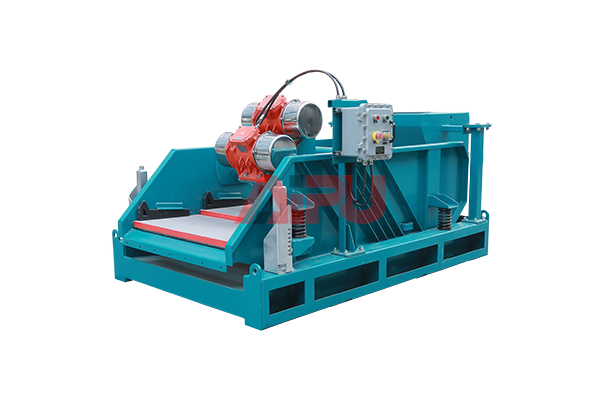Understanding the Core Technical Features of Solids Control Equipment
Solids control equipment plays a critical role in drilling operations, ensuring efficient separation and management of drilling fluids. The technical features of these systems determine their effectiveness in maintaining fluid properties, reducing waste, and optimizing drilling performance. Here’s what you need to know about the key technical aspects of solids control equipment.

1. High-Efficiency Separation Technology
Modern solids control systems utilize advanced separation technologies such as shale shakers, desanders, and desilters. These components work in tandem to remove solid particles of varying sizes from drilling fluids. Shale shakers, for instance, employ vibrating screens to separate coarse solids, while hydrocyclones in desanders and desilters target finer particles. The efficiency of these components directly impacts fluid clarity and reuse potential.
2. Automated Control Systems
Many contemporary solids control units incorporate automated monitoring and adjustment capabilities. Sensors continuously track fluid density, viscosity, and solid content, allowing real-time optimization of separation processes. This automation reduces manual intervention while improving consistency in fluid treatment.
3. Modular and Compact Designs
Space constraints on drilling rigs necessitate compact equipment configurations. Leading manufacturers now offer modular solids control systems that can be customized for specific site requirements. These designs allow for easy transportation, quick setup, and flexible arrangement of components like centrifuges and degassers.
4. Energy-Efficient Operation
Power consumption represents a significant operational cost in solids control. Advanced equipment incorporates energy-saving features such as variable frequency drives (VFDs) on motors, optimized pump designs, and heat recovery systems. These innovations reduce electricity usage while maintaining processing capacity.
5. Corrosion and Wear Resistance
Given the abrasive nature of drilling fluids, durability is paramount. High-quality solids control equipment uses wear-resistant materials in critical components like screen panels, hydrocyclone liners, and pump impellers. Special coatings and hardened alloys extend service life in harsh drilling environments.
6. Environmental Compliance Features
Modern systems include features to minimize environmental impact, such as closed-loop fluid handling, spill containment systems, and efficient drying of separated solids. These technical solutions help operations comply with increasingly stringent environmental regulations.
7. Integration with Drilling Fluid Systems
Effective solids control requires seamless integration with mud mixing and storage systems. Technical features like automated flow control valves, balanced pressure systems, and optimized piping layouts ensure smooth material transfer between different stages of fluid processing.
If your project requires solids control equipment, choose Aipu Solids Control - we believe it will be your best choice.
